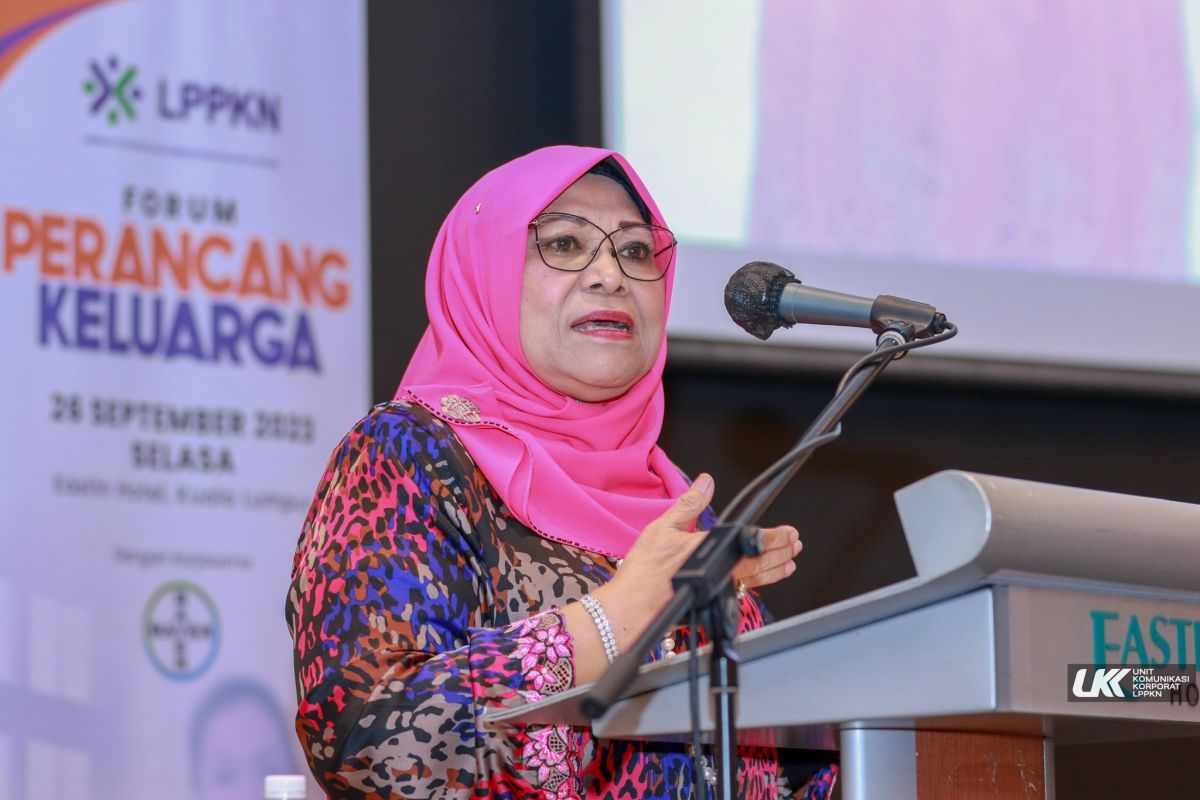KUALA LUMPUR, Sept 29 – The Fifth Malaysian Population and Family survey in 2014 found that 89.3 per cent of women in Malaysia of reproductive age choose to make their own decisions about the use of contraceptives.
“This shows that Malaysian women can and are capable of making the best decisions for their own reproductive health,” said Rohani Abdul Karim, chairwoman of the National Population and Family Development Board (LPPKN) during the closing ceremony of the Family Planning Forum 2023, which was held to commemorate World Contraception Day last Tuesday.
“The same research shows that one in five women do not use any form of contraception although they have no plans of getting pregnant and this contributes to the 19.6 per cent rate of unmet need for family planning.”
The forum, which was organised by LPPKN in collaboration with Bayer Co (M), was themed Choose With Confidence. It was held with the aim of increasing awareness and knowledge about issues related to family planning, as well as to deliver accurate facts about family planning to prevent any misconceptions.
Aside from the forum, LPPKN is also running family planning campaigns at all 49 branches of its Nur Sejahtera clinics until today.
Among the campaign activities include a briefing and talk on family planning, as well as provision of free contraceptives to high-risked women from the B40 group.
In support of the campaign, a non-governmental organisation called Rise Against Hunger Malaysia is also funding the distribution of long-term contraceptive devices such as the intrauterine device (IUD) and implants to 30 qualified women.












